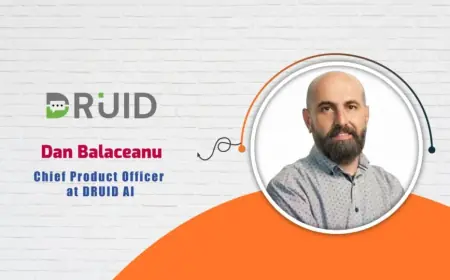In today's fast-paced world, mental health challenges are increasingly recognized as significant barriers to well-being and productivity. Whether due to depression, anxiety, PTSD, or other conditions, individuals may find themselves in need of time off work to focus on recovery. This blog explores the process of obtaining short-term disability for mental health issues, shedding light on how to navigate this often misunderstood aspect of healthcare.
Understanding Short-Term Disability
Short-term disability (STD) benefits provide financial support to employees who are unable to work due to a temporary illness or injury, including mental health conditions. These benefits typically cover a portion of an individual's income for a specified period, allowing them to prioritize their health without the added stress of financial insecurity.
Eligibility Criteria
Eligibility for STD benefits varies depending on the specific policies of your employer or insurance provider. However, common criteria include:
-
Medical Documentation: You will need to provide documentation from a healthcare provider (such as a doctor or psychiatrist) confirming your diagnosis and recommending time off work.
-
Waiting Period: Many STD policies have a waiting period before benefits begin, during which you may need to use accrued sick leave or other paid time off.
-
Employment Status: Typically, you must be employed at the time of the disability and meet specific tenure requirements set by your employer or insurer.
-
Compliance: You may be required to comply with treatment plans recommended by your healthcare provider, such as attending therapy sessions or taking prescribed medications.
Steps to Apply for Short-Term Disability
-
Review Your Policy: Familiarize yourself with your employer's STD policy or contact your insurance provider to understand the coverage and eligibility requirements.
-
Gather Documentation: Obtain a diagnosis and treatment plan from your healthcare provider. Ensure that your documentation clearly outlines why you are unable to work and for how long.
-
Notify Your Employer: Inform your employer or HR department of your intention to apply for STD benefits. They will provide you with the necessary forms and instructions for submission.
-
Submit Your Claim: Complete all required forms accurately and submit them along with supporting documentation to your employer or insurance provider within the specified timeframe.
-
Follow Up: Stay in communication with your employer or insurer regarding the status of your claim. Be prepared to provide any additional information or documentation if requested.
Advocating for Your Mental Health
Seeking STD benefits for mental health reasons can be a challenging process, often complicated by stigma or misunderstanding. It's essential to advocate for yourself and your well-being during this time:
-
Know Your Rights: Familiarize yourself with laws such as the Family and Medical Leave Act (FMLA) in the United States, which may provide additional protections for eligible employees.
-
Seek Support: Lean on trusted friends, family members, or mental health professionals for emotional support throughout the process.
-
Focus on Recovery: Use your time off to prioritize self-care and follow your treatment plan diligently to facilitate a smooth transition back to work when you are ready.
Conclusion
Obtaining short-term disability for mental health issues requires navigating a process that is both legal and personal. By understanding your rights, gathering necessary documentation, and advocating for yourself, you can access the support needed to focus on your recovery without the added stress of financial uncertainty. Remember, seeking help is a sign of strength, and accessing disability benefits can be a crucial step toward prioritizing your mental health and well-being.

 Like
0
Like
0
 Dislike
0
Dislike
0
 Love
0
Love
0
 Funny
0
Funny
0
 Angry
0
Angry
0
 Sad
0
Sad
0
 Wow
0
Wow
0
























































